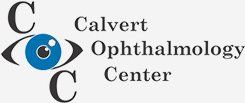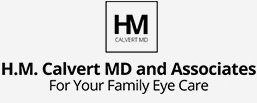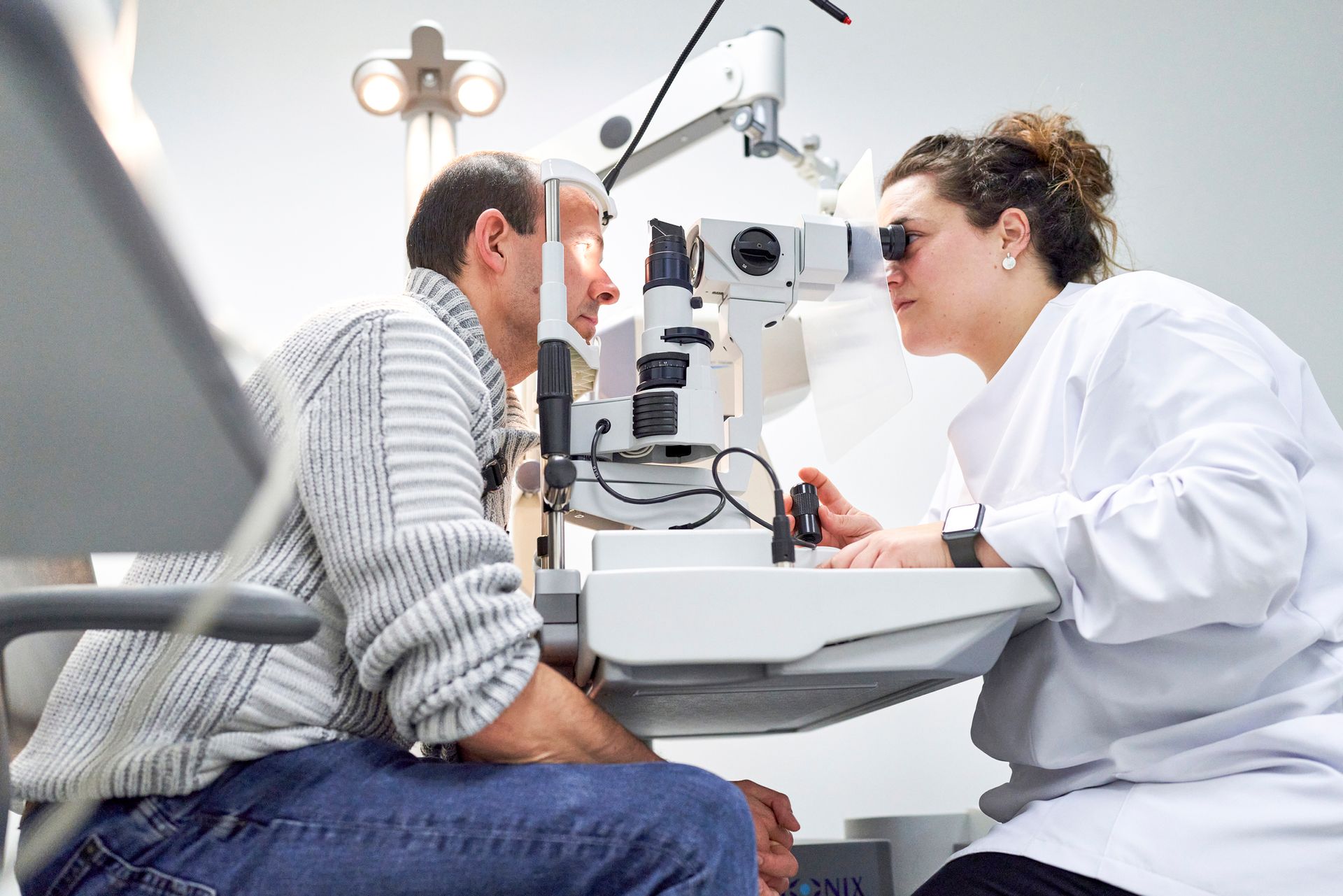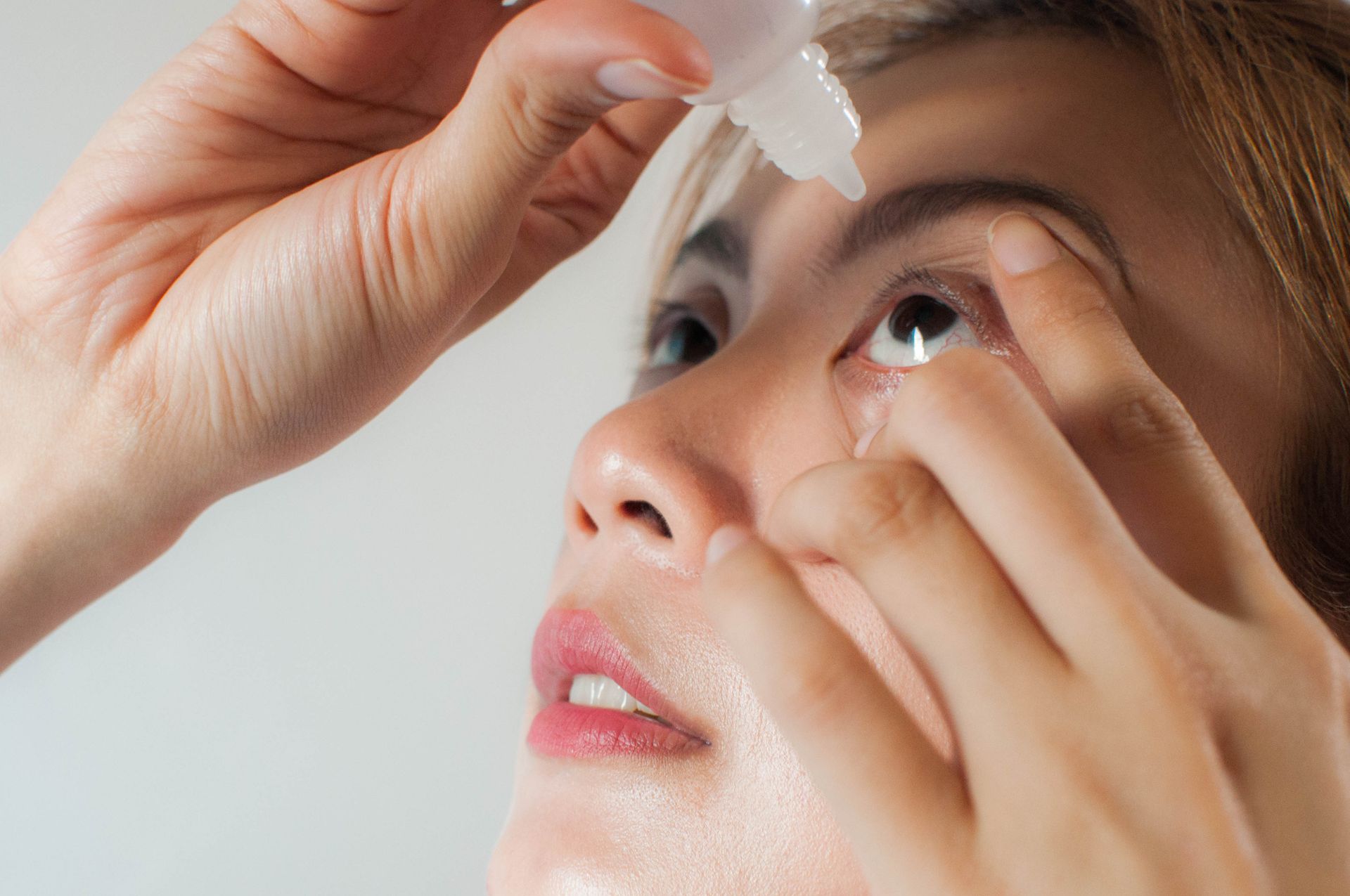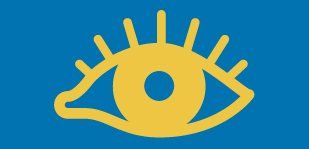Eye-Health Myths You Shouldn't Believe
- By Admin
- •
- 08 Jul, 2022
- •
In addition to accomplishing everyday tasks like driving and reading, good vision also means enjoying the beauty in your surroundings. Therefore, you should take care of your eyes accordingly.
Due to so much eye care information available through family, friends, doctors, and the internet, you can have difficulty telling what's true and what's not.
The following are some common eye-health myths to help clear up any confusion you might have.
Eating Carrots Can Improve Your Eyesight
While carrots contain vitamin A, essential for good vision, carrots won't reverse your eye problems. Moreover, you need a well-balanced diet for your overall and eye health.
Carrots are rich in vitamin A, but the body only needs a small amount for vision. Too little vitamin A can cause night blindness, but too much of it won't make your vision any better.
Besides carrots, you need leafy vegetables and fresh fruits with vitamin C and E for better eye health. Furthermore, vitamin A is fat-soluble, and the body absorbs it better with fatty foods.
Watching Screens Too Close Can Damage Your Eyes
Contrary to popular belief, sitting close to a screen is not a cause of nearsightedness, but rather an effect of the disorder.
Smartphones, tablets, computers, and TVs emit blue light. In today's world, parents and adults are increasingly concerned about the effect of screen light on eyesight. Nevertheless, watching TV from a close range isn't an issue for eyesight but may result in headaches and temporary eye strain.
Electronic devices emit blue light of wavelengths between 400 to 490 nanometers, which results in discomfort. You can clear the discomfort by sleeping or taking breaks while using a computer or blue-light-emitting device.
Reading In Dim Light Can Damage Your Eyes
The best light to read under is natural light. While low-light reading is not damaging to your eyes, it can cause eye strain and dry eyes.
Reading in the dark strains your eyes and causes them to tire faster than they usually would. Tired eyes can, in turn, lead to headaches, blurred vision, and itchy eyes.
Reading in dim light is uncomfortable, but no scientific evidence exists on the long-term effects on your eyes. You can use over-the-counter lubricating drops if you suffer from dry eyes due to reading in dim light.
An Eye Exam Is Only Necessary If You Have Problems
Optometrists recommend an eye exam for people with vision problems as well as those with perfect vision. During an eye exam, your optometrist will test:
- Visual acuity: A test of how clear your vision is.
- Eye alignment: A test of your eyes when in focus.
- Eye movement: A test to determine if your eyes move correctly.
- Color blindness: A test to determine if you can identify colors correctly.
- Stereopsis test: A test of your eyes' depth perception.
An eye doctor can identify a problem early and recommend treatment options. Otherwise, some eye conditions are asymptomatic and are impossible to detect.
You Can Improve Your Eyesight With Eye Exercise
Promoters of the self-directed eye exercise narrative claim to reduce your need for glasses and contacts.
Eye exercises can indeed strengthen your eye muscles and make them more effective but will do nothing to improve your vision.
Your eye doctor prescribes glasses and contacts based on pupil size, eye shape, or ability to shift focus. On the other hand, self-directed eye exercises point to no randomized trials and do not square with the anatomy and physiology of vision.
Until evidence-based research emerges, no eye exercises should make you abandon your glasses or eye surgery.
You can protect your eyes and vision by learning the facts about eye care. Furthermore, you'll have the right questions when seeing an eye health specialist. Please contact us at Calvert Ophthalmology Center to schedule an appointment with a reputable ophthalmologist for eye exams or other eye care needs.
